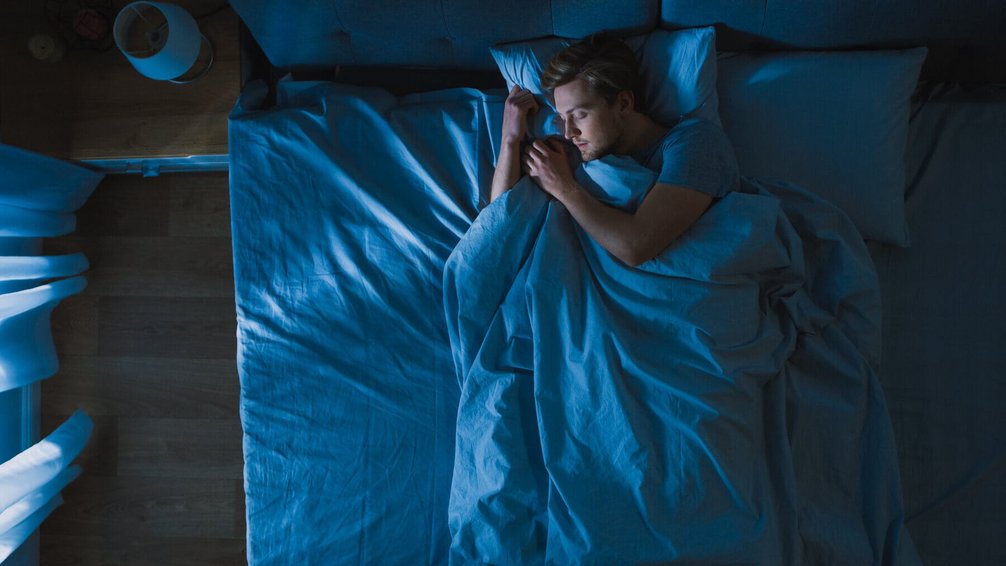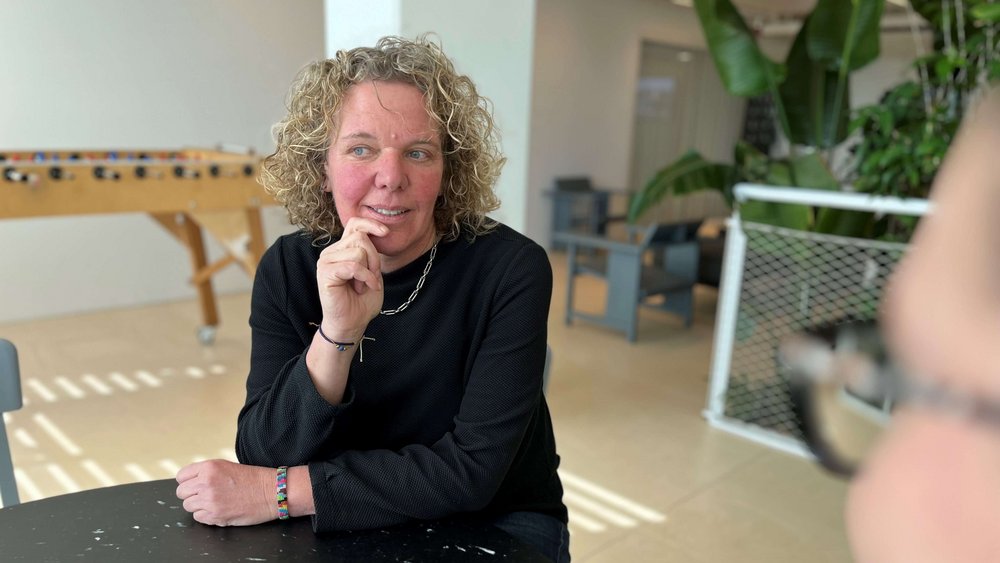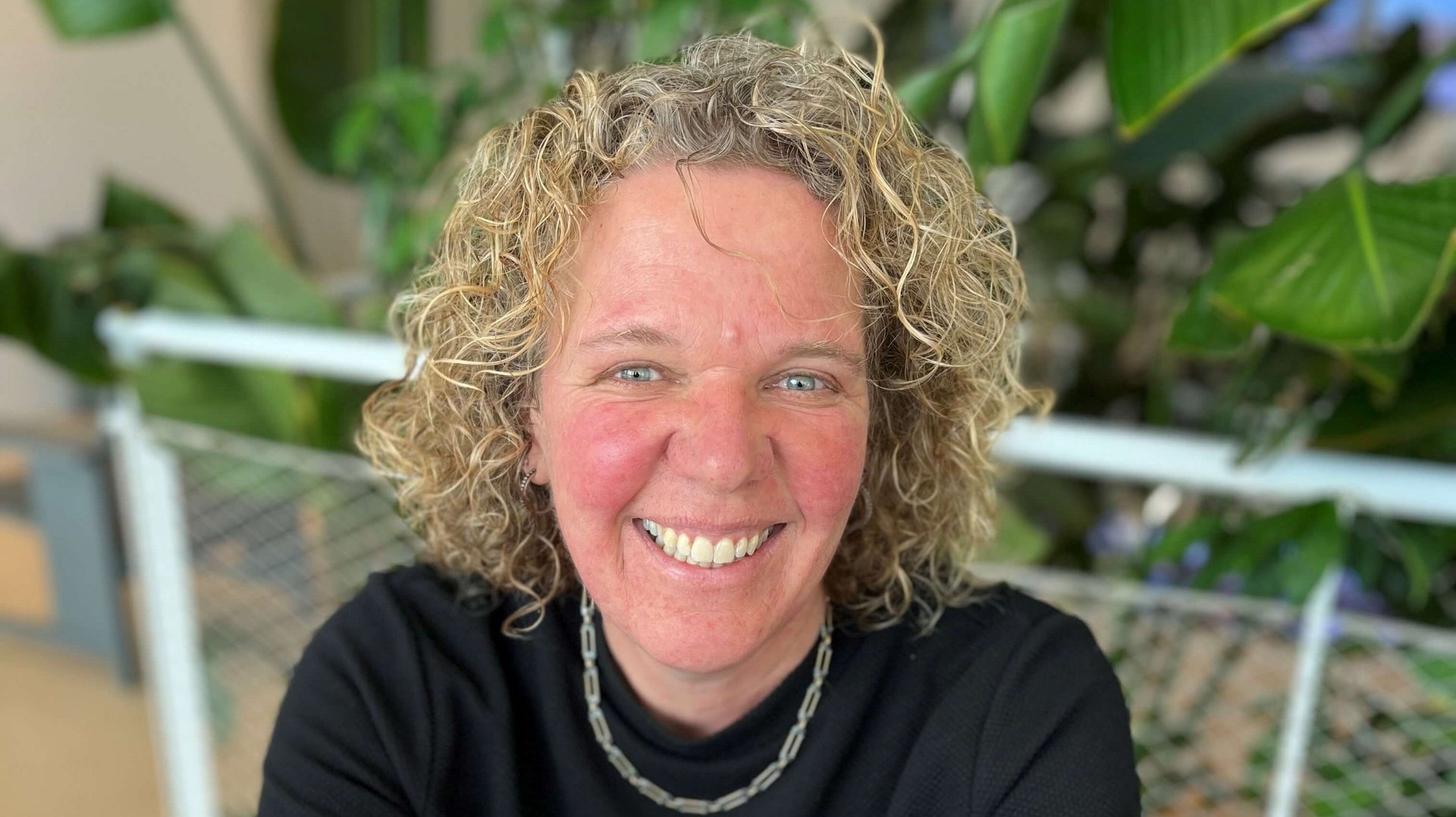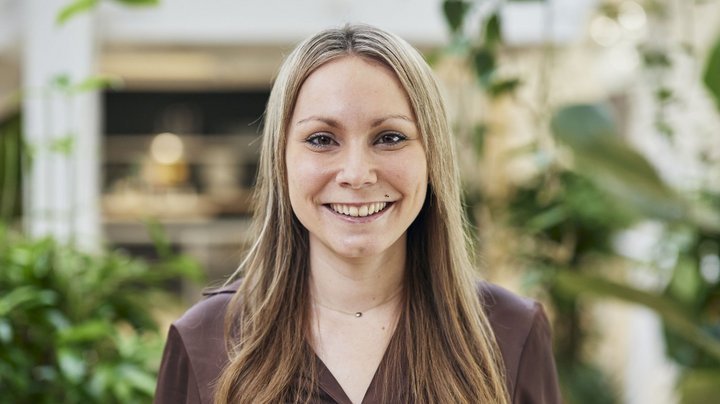Good sleep in the requirement profile?

Silvia, why does Implenia want employees to sleep well?
Restful sleep is important for our health, our performance and our safety. Overtired employees are more likely to be absent due to illness, perform less well, and have a higher risk of accidents. So if I don't get a good night's sleep several nights in a row, it affects my life at work: I'm more at risk for accidents on the road and on the job site, less able to concentrate and make more mistakes. For this reason, it is of great concern to the employer that employees sleep well, even if sleep is actually a private matter.
Around 13% of occupational accidents are caused by sleep problems. Thus, people with sleep problems have twice the risk of accidents. In traffic, the accident risk even increases to seven to eight times.
Source: Swiss Accident Insurance SUVA
How do you experience this topic in your everyday work?
As a health and case manager, I accompany employees who have been unable to work for a long time after an accident or during an illness. Many of them tell me that they haven't slept well for a long time. The causes are manifold.
Psychologically induced incapacities to work such as "burnout" or exhaustion depression are often closely related to sleep problems. Lack of sleep can lead to depression and psychological problems such as panic attacks can cause sleep problems. Sleep problems that can be traced back to psychological causes are not taken seriously enough or not taken seriously enough for a long time and are not treated or are treated incorrectly. In order to somehow manage the daily work routine, many then resort (too quickly) to prescription drugs. These can then lead to dependence at best.
I also observe sleep problems in many employees who are unable to work for more than four months: They lose their daily structure and fear for their jobs. This has a negative impact on sleep. And that, in turn, is an additional problem during reintegration.
With younger employees in particular, I also observe that nightly consumption of online media robs them of sleep and prevents them from regenerating.

"Especially among younger employees, I observe that nightly consumption of online media robs them of sleep."
Silvia Günter
What can I do if I sleep badly?
A certain basic knowledge about sleeping helps: We should be aware of how important healthy sleep is in order to be and remain healthy and productive. Sleep problems that occur at least three nights a week for at least a month deserve our attention. In such cases, it is worthwhile as a first step to take a thorough look at your own sleep hygiene and make conscious adjustments. As part of our campaign, we have developed a series of sleep tips tips. You may already see an improvement. But it is also quite possible that external help will have to be sought.
What services are available in Switzerland?
Psychologists can help with sleep problems. However, there are long waiting times for these at the moment. This is probably why the family doctor is the first port of call. But if he or she prescribes prescription drugs without first looking at sleep hygiene, caution is advised. Also be careful with various guidebooks: When reading print or online articles, it is always important to critically question whether the source is also scientifically sound.
"If the primary care physician immediately prescribes prescription medications without first looking at sleep hygiene, beware."
Silvia Günter
How can I help if I notice sleep problems in a colleague?
In a conversation, I can share my observations with the person concerned - sympathetically and as non-judgmentally as possible. For example:
I've noticed that you've been nodding off at your desk repeatedly over the past few weeks.... Are you sleeping poorly?
How are you, I'm worried, you always stay very late at the office in the evening and are back early in the morning... Aren't you sleeping well?
It is important in such a conversation not to make any diagnoses, but only to share one's own observations and, if necessary, to offer help or point to available help.
When do I have to say STOP?
If there is a threat of danger in any way, our Safety Rule #1 applies: When in doubt, I say STOP!
Even if that is not easy: In dangerous situations, the environment must intervene. If someone is awake for 17 hours at a stretch, that corresponds to a blood alcohol level of 0.5 per mille - we all know that we must not work in such a state. Therefore: take a break before a microsleep at the wheel has dire consequences. And be sure to talk to colleagues who suddenly behave differently.
What do you personally take away from the Implenia awareness campaign?
I now know that it's normal to wake up several times a night. Even so, I may have slept deeply and well. The most important "parameter" to my sleep quality is how I feel during the day. If I feel fit, everything is fine.
What can employers do with these findings?
Depending on their chronotype, people like to get up early or go to bed early ("larks" versus "owls"). Employers can accommodate such needs with flexible working hours. Today, many employees are still expected to be on site or in the office very early, even if they find it difficult to get up. Perhaps their performance would increase if employers could be even more flexible about this.

"With flexible work schedules, employers accommodate different sleep types."
Silvia Günter





